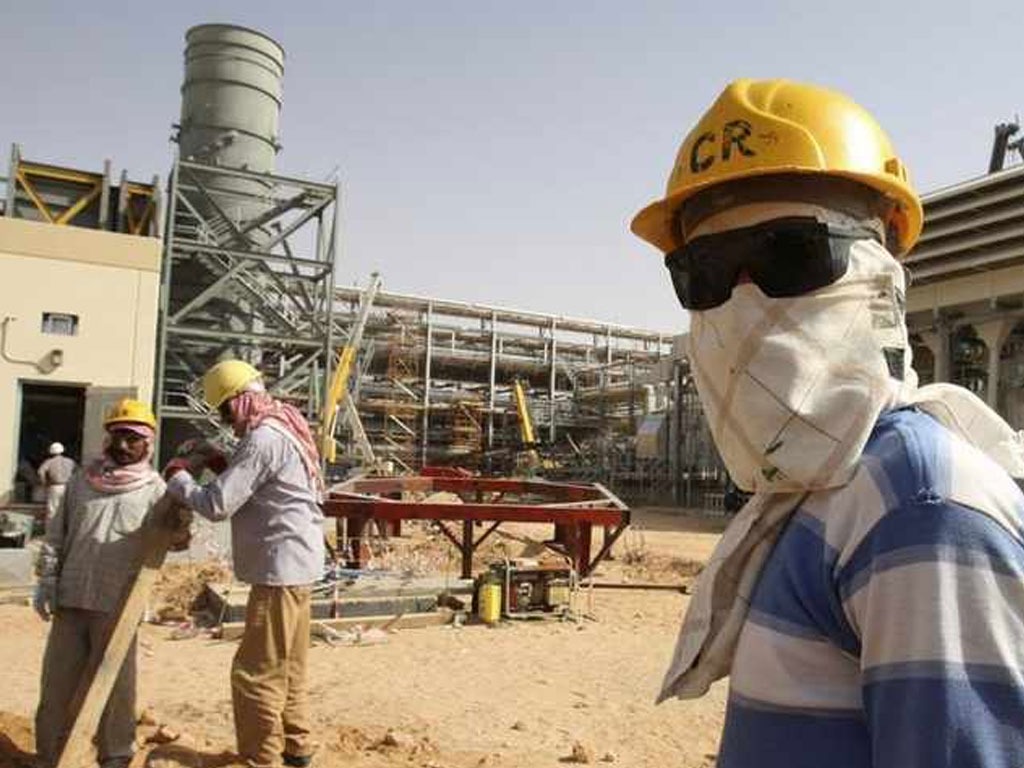ISLAMABAD: The total share of informal employment in Pakistan is more than 80% of the total workforce, according to data available with WealthPK.
High share of informal employment is a cause of abysmally low social protection of workers and their families. In contrast to informal employment, only 20% of Pakistani population is covered by some form of social protection. Since these workers are already working “informally,” they are more susceptible to economic shocks, market downturns, and layoffs, says World Economic Forum’s Future of Jobs Survey 2023.
In a developing economy like Pakistan, informal workers represent a crucial cohort of the labour force. Their social protection should be taken up by their employers to provide them with the necessary security of healthcare and education for their children.
The need to have a social protection umbrella becomes more important when wages are already low in the country.
According to the International Labour Organisation (ILO), wages in many developing countries remain below the pre-pandemic levels.
In Pakistan, for example, in the last few years, inflationary pressures have consistently eroded the purchasing power of the rupee. This has hastened a cost-of-living crisis which eats away at people’s savings and makes it difficult for the most vulnerable to make ends meet.
The lack of full-time employment contracts is another reason for the lack of stability in continuing a job. Since workers are always on the lookout for better jobs that pay high wages and provide other perks and benefits, job hunting remains a crucial element of their time at work.
This fact resonates in their underperformance at work and leads to low productivity.
There is, however, some reason for optimism as 70% of the companies in World Economic Forum’s Future of Jobs Survey 2023 believe that the need for “workforce development technologies” and advanced education will have a “knock-on” effect to create jobs in Pakistan’s economy.
This must be contrasted with the fact that Pakistan has a lower “skills stability” score of 44% as compared to the global average of 56%. Skills stability means that the skills currently possessed by workforce will not need to be upgraded for the time being.
This fact indicates that there is an urgent need among the employers in Pakistan to hire those workers who possess advanced skills in technology, data sciences, computing and cognitive abilities.
Employers also undertake extensive trainings of their workforce to increase their productivity. They also prefer those workers who possess micro-credentials to boost their resumes.
For example, in Pakistan 41% of the companies prefer workers with credentials from online courses, short-trainings, and certifications. In this category, Finland follows Pakistan with a percentage of 40% whereas the global average is a mere 19%.
Above analysis shows that there are reasons to be optimistic while surveying the job market of Pakistan.
On the one hand, there are structural drawbacks that need to be addressed to provide better living standards for the employed population.
While on the other hand, there are important global trends that are most visible and readily adopted by employers and employees alike. This indicates that despite Pakistan’s structural shortcomings it is way ahead in adopting global methods, technologies, best practices and futuristic people-management techniques. –INP





